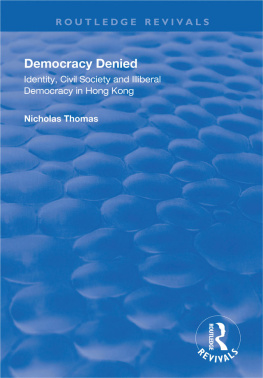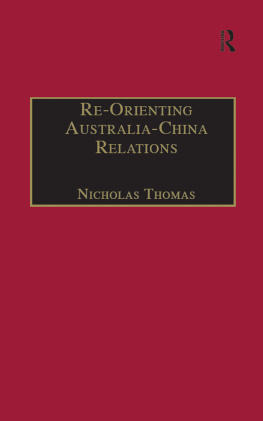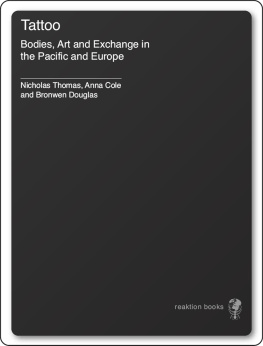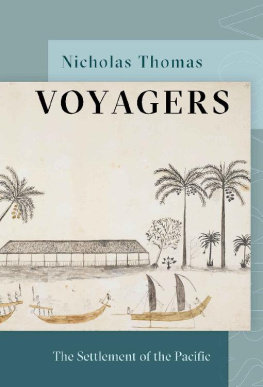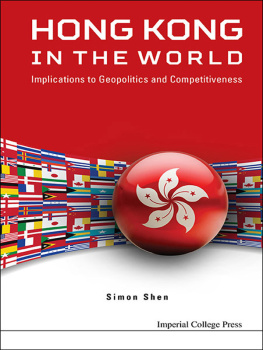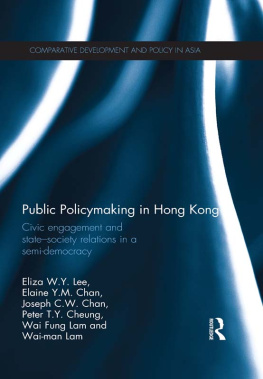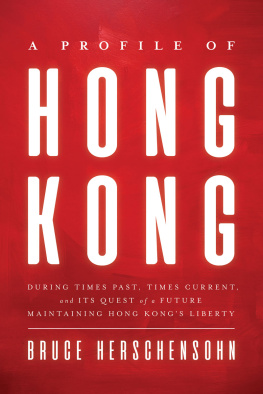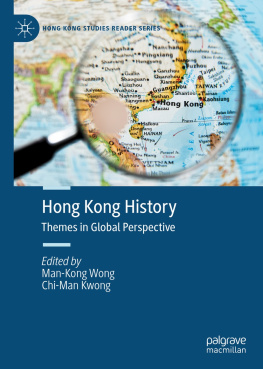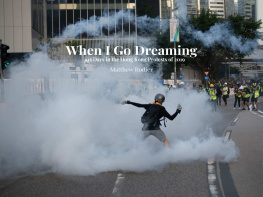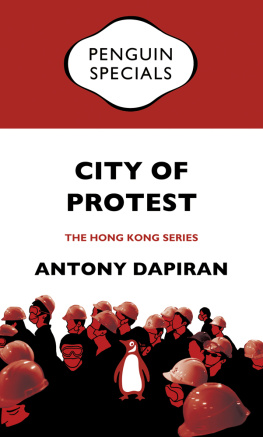Democracy Denied
This book is dedicated to my parents
Geri Taylor and Bob Stimson
Democracy Denied
Identity, civil society and illiberal democracy in Hong Kong
Nicholas Thomas
Asia-Australia Institute
University of New South Wales
First published 1999 by Ashgate Publishing
Reissued 2018 by Routledge
2 Park Square, Milton Park, Abingdon, Oxon OX14 4RN
711 Third Avenue, New York, NY 10017, USA
Routledge is an imprint of the Taylor & Francis Group, an informa business
Copyright Nicholas Thomas 1999
All rights reserved. No part of this book may be reprinted or reproduced or utilised in any form or by any electronic, mechanical, or other means, now known or hereafter invented, including photocopying and recording, or in any information storage or retrieval system, without permission in writing from the publishers.
Notice:
Product or corporate names may be trademarks or registered trademarks, and are used only for identification and explanation without intent to infringe.
Publisher's Note
The publisher has gone to great lengths to ensure the quality of this reprint but points out that some imperfections in the original copies may be apparent.
Disclaimer
The publisher has made every effort to trace copyright holders and welcomes correspondence from those they have been unable to contact.
A Library of Congress record exists under LC control number: 98074629
ISBN 13: 978-1-138-31104-6 (hbk)
ISBN 13: 978-1-138-31109-1 (pbk)
ISBN 13: 978-0-429-45903-0 (ebk)
This work contains many Chinese names. Due to the wide regional variation encountered all names have been cited as they were portrayed in-text. To do otherwise would have caused considerable confusion. Furthermore, all Chinese sources have been referenced in English with a note [in Chinese] attached to avoid complications between translations of Cantonese and Mandarin scripts. Where a name contained a Chinese surname but an English firstname, the name was referenced as an English name.
This book is an analysis of the social and political transformation of Hong Kong, primarily focusing upon the period 1984-1998. This was a period marked by the mobilisation and politicisation of the Hong Kong people. This study adopts a three-tiered conceptual model of political systems to explain the transformation of Hong Kong during this period. This model, first proposed by Claus Offe, describes a system where political activity is the result of the combination of an indigenous identity based upon a nation-state and an operating system that determines how the nation-state will function. Against this model I examine two overarching issues and their effect on Hong Kong's social and political processes: the economic modernisation of the territory and the July 1 retrocession. The consequent tensions created will be shown to have played a decisive role in the unique development of Hong Kong's social and political systems.
I argue that Hong Kong has developed into a territory with a distinct and separate political identity. This is determined to be the byproduct of the sporadic development of both a local identity and a socio-political operating system conducive to political expression. The transition period focused and accelerated these developments. This book differs from existing works in that it is shown that the political outcome of the transition period (had it been allowed to reach a 'conclusion' without intervention from China) would not have been a liberal-democratic polity. This conclusion is drawn from a reinterpretation of the first phase of liberalisation (1984-1989) which demonstrates that the social and political liberalisation that occurred in Hong Kong was a result of the actions of the Hong Kong state rather than the result of grassroots activity. In contrast, the second phase of liberalisation (1989-1997) saw a withdrawal by the colonial state that allowed pressure from the grassroots to direct the development of the transitional state. However, the grassroots were not homogenous in their political affiliation - as they supported both democratic and proChina representation. The resultant political system was, thus, a reflection of these two conflicting affiliations.
I conclude that the type of politicisation Hong Kong has experienced is conducive to the development of a unique middle path between the Western liberal-democratic model and the East Asian variant of authoritarianism. This will be the combined result of a social structure based upon liberal-democratic ideals but also of a political system incorporating important authoritarian features. The degree to which future socio-political developments will advance Hong Kong's unique model of political evolution will depend on the extent to which these two contrasting influences remain balanced.
The completion of this manuscript would not have been possible without the generous help and support of many people. First and foremost, I would like to thank my mentors: Professor James Cotton, whose patient advice and library has kept me going; and Dr Terry Narramore, who personally supported several pen factories with his tireless comments on my drafts. I would also like to thank Dr He Baogang, Dr Marcus Haward and Professor Stephen Bell for their advice on publishing this work. To Della Clark for all her amazing help in getting this manuscript to the camera ready stage and to Rachel Hedges, Kirstin Howgate, Valerie Saunders and Ann Newell at Ashgate for their constant support and advice.
During my research I received a great deal of support and information from some wonderful people. Academically I would especially like to thank (in order of appearance): Dr James Tang and Professor Ian Thynne (University of Hong Kong), for allowing me the use of both Professor Norman Miner's press clippings, the Department of Politics and Public Administration's archives and the University of Hong Kong library; Mr Jonathan Lange (Government Information Service) for his help in accessing the Hong Kong Government archives; Professor Ian Scott (Murdoch University) for passing on some very useful data, often when needed the most; Professor Don McMillen (University of Southern Queensland) for his kind advice.
Personally I would like to thank Billy and David Lai and Jeanne Ng for their warm friendship and couch space over the course of several research trips; Liz Pitts for showing me where the good bakeries are in Sai Kung and for introducing me to Schnapps; Steve and Kath Tanner for their wine, friendship and badminton; Bekky Carter, Karli Furmage, Georgia King-Siem and Tim Morris for being great friends.
Last but not least I thank my family. My family in Brisbane (Mum and Bob) whose love and confidence in me has never wavered. My adopted family in Tasmania; the Dandos (Terry, Robyn, Jennifer, Catherine, Alex and Les), the Smiths (Kent, Jane, Patrick, Andrew, Lisa) and the Corneys (Lucy and Geoff) for their love and parties. Finally, with the deepest of love, I thank Susan Dando; for always being there.
- ADPL Association for Democracy and People's Livelihood
- APEC Asia-Pacific Economic Cooperation
- BDTC British Dependent Territory Citizen
- BLCC Basic Law Consultative Committee
- BLDC Basic Law Drafting Committee
- BNO British National (Overseas)

